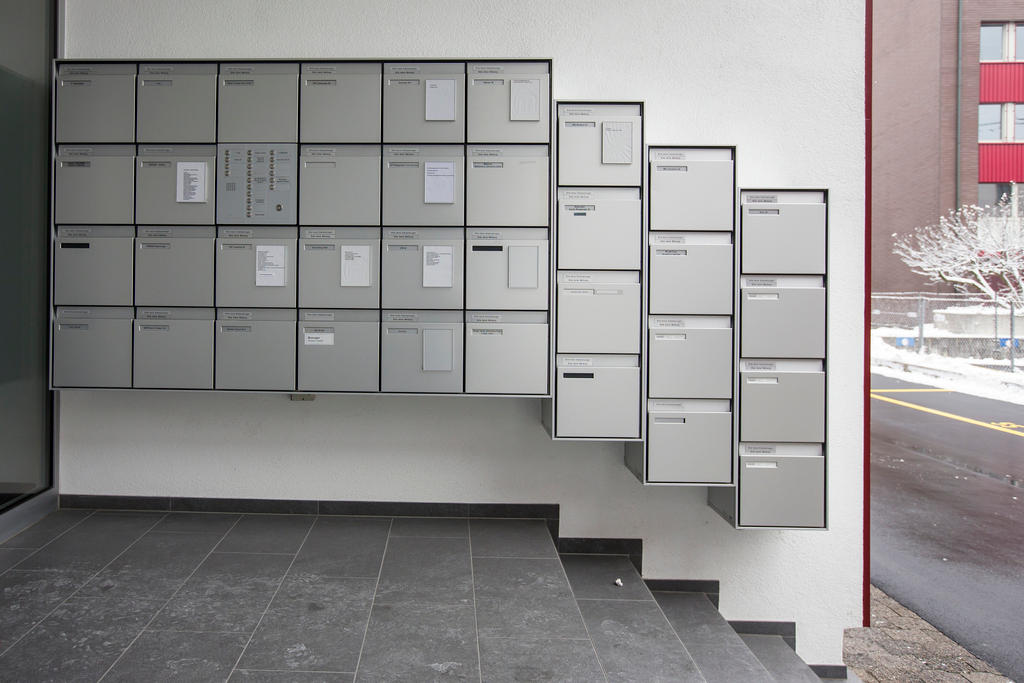
Swiss corporate tax – what happens now?

Switzerland has to go back to the drawing board after voters rejected plans to radically overhaul the country’s corporate tax landscape. Here, swissinfo.ch explains why this is such a big deal, not only for Switzerland, but also for neighbouring countries and multinational firms.
On Sunday, February 12, Swiss voters overwhelmingly rejected a referendum seeking to change the way companies are taxed in Switzerland. Some 59% of voters felt the proposals were too generous to companies at the expense of ordinary taxpayers.

More
Corporate tax reform blown away at polls
Why is corporate tax such a big deal in Switzerland?
There are two reasons. First, Switzerland competes with many other countries to be a magnet for the overseas headquarters of foreign firms. At least 6,500 companies such as Google, Unilever, Vitol and IBM have operations in various cantons.
The firms most affected by the debate contribute CHF5 billion ($5 billion) in taxes every year and employ around 150,000 workers. The Swiss SME Association says the same number of domestic jobs are dependent on foreign firms.
Second, the European Union and the Organisation for Economic Cooperation and Development (OECD) have dubbed Switzerland’s tax treatment of many foreign firms “harmful”.
Harmonising Swiss tax practices with global standards would involve taxing domestic and foreign companies at the same rates and putting an end to the so-called post box firms that shift profits around the world to artificially reduce their tax bills.
Switzerland had agreed to reform its system by 2019 to avoid being put on blacklists of tax havens.
What are the consequences of voters torpedoing the reforms?
Swiss Finance Minister Ueli Maurer said Switzerland can no longer meet this 2019 deadline, which may “lead to renewed international pressure”. The earliest time any future reforms could be put into place is now 2020 – and even that is optimistic.
A worst-case scenario would involve Switzerland being placed on the blacklist, provoking retaliatory measures such as punitive taxes on Swiss exports. The OECD tax chief Pascal Saint-Amans cautioned however that “no blacklist was being prepared” against Switzerland, saying the 2019 deadline exerted “a little pressure” but that two years was enough time to conform.
In addition, companies – both domestic and foreign – now face an extended period of uncertainty over their future tax bills. Uncertainty is ‘toxic’ for firms that need to plan their future strategy with clarity. Maurer could not rule out the possibility of existing foreign firms downsizing in or even leaving Switzerland altogether, or that the country might “disappear off the radar” of potential new companies.
Why will it take so long to sort this out?
There is no doubt that Switzerland still needs to overhaul its corporate tax system. Coming up with a new idea now starts with a consultation period with interested parties – most notably the cantons. A new draft plan is barely feasible before the end of this year, which will then be hotly debated by a parliament that is radically divided between left and right parties on this issue.
Cantons will then need two years to make the technical changes in order to implement reforms, Maurer said. And then there is always the possibility of a new referendum challenging any new proposals decided by parliament.
What changes are necessary to make tax reform acceptable for voters?
Opponents were most concerned with how far many cantons were proposing to reduce their tax rates. The likes of Vaud and Geneva planned to slash levies practically in half to ensure that foreign firms, which currently enjoy preferential treatment, would not face too steep a hike in their tax bills.
This will be an extremely difficult issue to address, as some cantons are heavily reliant on the tax revenues of foreign multinationals. Other cantons are not, meaning the effects of reforms will always be drastically different across the country. Under the Swiss federal structure, cantons have sovereignty in setting their own tax rates.
Other contentious details, in principle, offer more space for compromise. It may be possible to tone down tax breaks for research activities or strike out a clause that would allow firms to claim relief on the fictional interest of excess equity.
However, the defeated tax reform package was so complex – offering a menu of options that cantons could pick or leave – that removing one card could unbalance, or bring down, the whole structure.

In compliance with the JTI standards
More: SWI swissinfo.ch certified by the Journalism Trust Initiative



























You can find an overview of ongoing debates with our journalists here . Please join us!
If you want to start a conversation about a topic raised in this article or want to report factual errors, email us at english@swissinfo.ch.